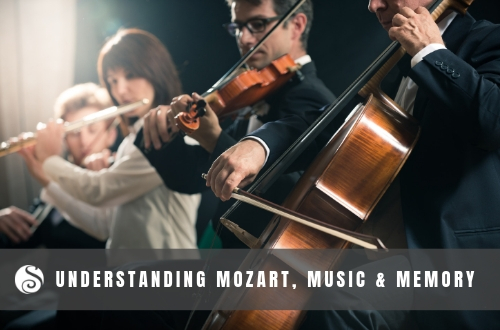 Menu
≡
╳
Menu
≡
╳
- Home
-
Lifestyle Options
-
COMMUNITIES
- Central Florida
- Southeast Florida
- Space Coast
- Treasure Coast
-
Programs
- Resources
- About
- Contact Us
 Menu
≡
╳
Menu
≡
╳
- Home
- Lifestyle Options
-
Communities
- Central Florida
- Southeast Florida
- Space Coast
- Treasure Coast
- Programs
- Resources
- About
- Contact Us
 At age 5, Wolfgang Amadeus Mozart wrote his first composition. The next year, he became a professional performer, touring the concert halls of Paris, London and Zurich.
At age 5, Wolfgang Amadeus Mozart wrote his first composition. The next year, he became a professional performer, touring the concert halls of Paris, London and Zurich.
The child prodigy would go on to write some of the most influential pieces of classical music in history before his untimely death at age 35, according to Biography.com.
While Mozart may be most famous for works like The Magic Flute and The Marriage of Figaro, the composer also made a major contribution to the way memory care communities help residents with Alzheimer’s enjoy a higher quality of life.
It’s called the “Mozart effect.”
Music and Memory: Understanding the “Mozart Effect”
The “Mozart effect” is the nickname scientists use to describe the way the brain changes after listening to the composer’s symphonies and sonatas.
A study published in the Journal of the Royal Society of Medicine by J.S. Jenkins, MD FRCP, showed that people experienced improved spatial reasoning skills after listening to Mozart for just 10 minutes.
Listening to Mozart has also been shown to activate parts of the brain that have been linked to memory and problem-solving, according to a study published in Consciousness and Cognition. In contrast, researchers said listening to Beethoven did not have the same effect.
Diving deeper into the research, the study titled The Mozart Effect: A Quantitative EEG Study, showed that listening to Mozart may increase activity in the alpha band, which is linked to memory, cognition and problem-solving.
Using Music to Power Alzheimer’s Treatment
In Florida, a select group of memory care communities are using music therapy to help residents living with Alzheimer’s. While the Mozart effect and related research drives many of these programs, classical music isn’t the only genre that has the power to heal.
A report published in Alzheimer’s & Dementia: Journal of the Alzheimer’s Association showed that a structured program of listening to any familiar song can improve the way the brain functions.
The effects of musical therapy are so powerful, the treatment may even help delay further damage to the brain’s cognitive functions, said researchers behind a 2013 study called The Impact of Group Music Therapy on Depression and Cognition in Elderly Persons With Dementia: A Randomized Controlled Study.
Over time, a structured musical therapy treatment program could even help improve the cognitive function of people living with Alzheimer’s, according to a paper published in Neuropsychiatric Disease and Treatment.
In addition to changing — and possibly enhancing — how the brain works, music interventions have also been shown to reduce anxiety in people living with Alzheimer’s. It can also help ease many of the distressing behaviors associated with the disease.
At Sonata Senior Living, our memory care communities draw from the latest research behind music and Alzheimer’s to help our residents enjoy a higher quality of life. To learn more about this special programming, call a community near you to schedule a visit →
At Sonata Senior Living, we’re always tracking the latest developments in music and Alzheimer’s research. To learn more about our innovative programs, schedule a visit →
The Guide To Music & Memory Loss
Music has a profound impact on people living with memory impairment. Download our guide to learn how music can improve quality of life for your loved one with Alzheimer’s or dementia.







